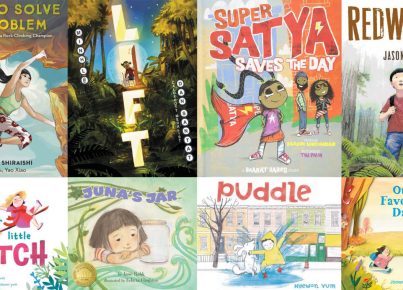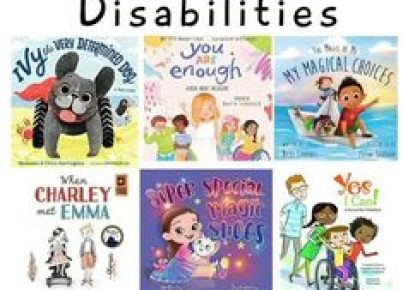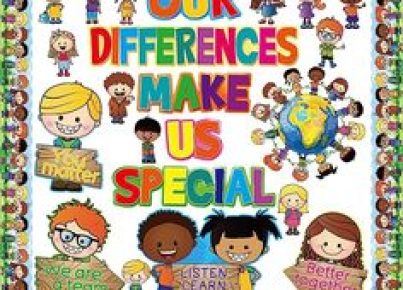Children relish the opportunity to discover the world around them. One way they accomplish this is by immersing themselves in books that reveal different cultures, perspectives, and voices – in other words, diverse books. But what is equally important, and often overlooked, is the need for diverse authors in children’s literature.
Diverse books provide an authentic representation of various cultures, experiences, and backgrounds, which leads to a more enriching reading experience. Children are then better equipped to understand and empathize with people from different walks of life. However, having books written by diverse authors adds another dimension to this representation that is essential to fostering a more inclusive perspective.
Firstly, diverse authors can bring their unique experiences and insights to the table. This allows them to create more accurate depictions of their respective cultures and characters based on their personal experiences. When authors from different backgrounds write stories that reflect their own lives and upbringings, they impart a deeper understanding of diversity onto the reader.
Additionally, featuring diverse authors behind the scenes actively challenges preconceived stereotypes and biases. Encountering different voices in literature demonstrates that creativity isn’t exclusive or monopolized by any specific demographic. By showcasing a variety of writing styles and perspectives, children will better appreciate the importance of inclusivity in literature.
Creating opportunities for diverse authors also fights against underrepresentation in publishing. It addresses an industry-wide issue wherein minority writers struggle to secure publishing deals or have limited access to wider audiences. By supporting diversification in authorship, we empower these authors to share their stories and climb the ranks of literary success.
Moreover, seeing successful diverse authors will inspire future generations of writers from all walks of life. Representation not only matters within the stories themselves but also amongst those who create them. Witnessing accomplished writers from various backgrounds can motivate children from all walks of life to pursue writing careers and believe in their capacity to achieve their dreams.
Finally, the collaboration between diverse authors and readers strengthens connections and opens up opportunities for learning. Discussions surrounding the stories penned by these authors can bring about meaningful conversations on different cultures, encouraging curiosity and open-mindedness.
In conclusion, just as it is essential to provide children with diverse books to explore various experiences and expand their understanding, it is equally important that these stories be written by diverse authors. By advocating for more inclusivity in children’s literature, both in terms of content and the writers behind the words, we can foster an environment where different perspectives are celebrated, appreciated, and most importantly, heard.





